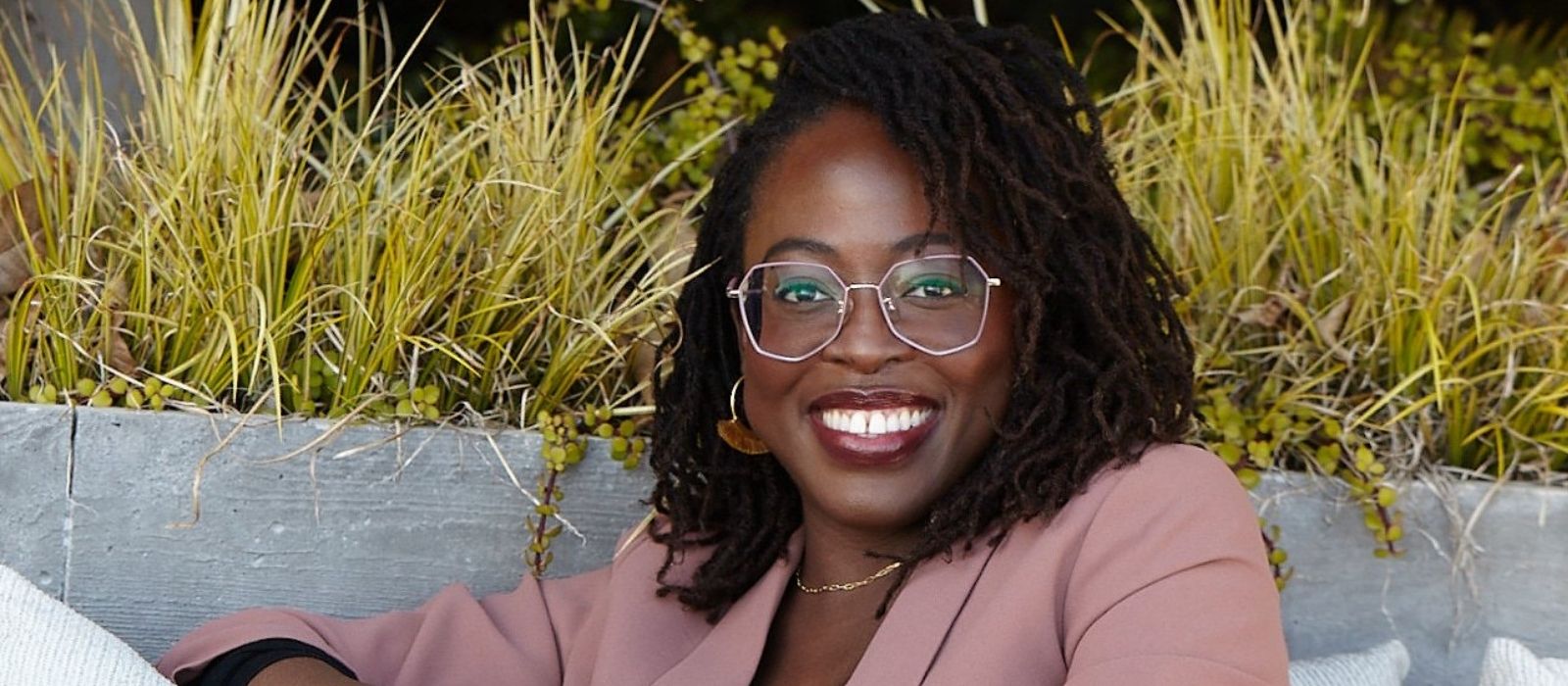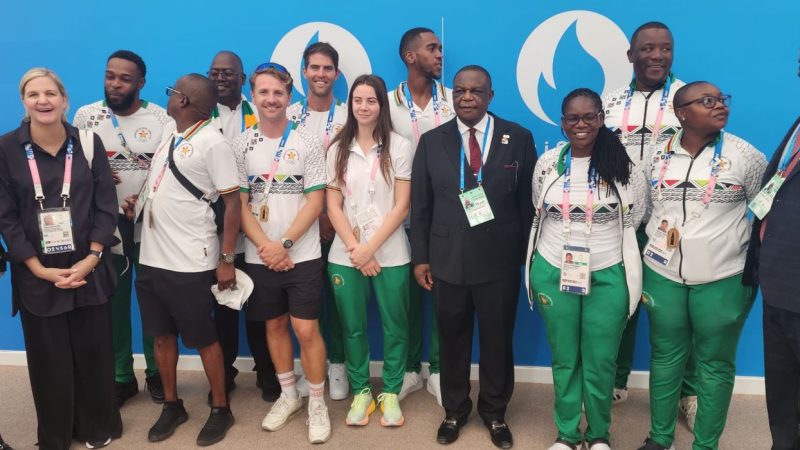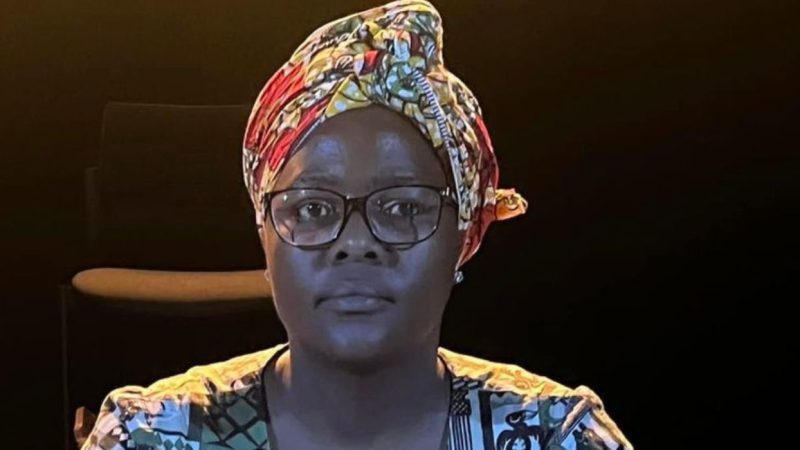Book Review: The Enneagram for Black Liberation by Chichi Agorom

“Realizing that you have always been and will always be valuable and worthy of love even if you fail at everything you attempt to do is what frees you” reads the first part of this book.
Unlocking Freedom: ‘The Enneagram for Black Liberation’ Offers a Path to Personal Growth and Empowerment
‘The Enneagram for Black Liberation’ is a self-help book that was released in 2021 authored by Enneagram teacher and writer Chichi Agorom. This interesting book is an invitation to readers to take a close look at their personalities, how their motivations could possibly be harming and hindering them from accessing a higher level of ‘be-ing’ in the world.
Blending self-help, spirituality and reflection, the author gives readers the chance to interrogate the patterns they have cultivated in their lives and the stories behind these patterns while giving readers the chance to introspect and find a way to improve their lives, their relationships and how they engage with the world.
The Enneagram is types people’s origins with nine different personality types. Most Enneagram teachers argue that we are born with a core type. The tool can be used for leadership, teams, personal development, relationships and more. It has been in use from time immemorial and gives a detailed guide to how people engage in teams, their temperament and areas of work; more on the enneagram and enneagram tests can be taken online.
In her book, Agorom has tailored a book text specific to black women however, her writing is universal to all people in spite of their gender, race or nationality. The book’s opening chapter is an introduction to readers on the Enneagram and why knowing your personality type matters. “The kindest gift the Enneagram has given me is a deepened compassion for myself and for others,” the author writes in the opening chapter of the book. While paying attention to the role of black women in particular, the author explains the roles that power systems have played in the world particularly against people of colour and the role that language plays in our world today.
The second chapter is titled “The Enneagram as Armor”. Agorom invites her readers to view their Enneagram type as an armour which we don in order to navigate and protect ourselves from a world that is often unsafe, turbulent and uncertain; “our types offer a protective layer from the particular fears we have” she writes and further elaborates that “The Enneagram invites us to recognize that we are the people behind the armor, not simply the armor itself.” For instance, an Enneagram type 5 (known as the investigator) uses knowledge as their armour.
The invitation now is to reconnect with what the author calls our essential nature (true self) and realise that we are more than the armour we wear.
Chapter 3 is titled ‘Power and Vulnerability’ in which the author lets readers question what they view power to be and taking a close look at two distinct types of power being ‘power within’ and ‘power with’, vulnerability as it relates to power and the work of healing. As the book moves to part 2, she goes deeper into each personality type. Agorom introduces readers to the centres of intelligence being the head, the heart and hands how each Enneagram type leans more towards other centres than others. Agorom then goes in depth into each type to interrogate their different armour, their view of themselves and the world and their areas of work.
She uses very beautiful visual analogies in each type to help her readers to visualize their personality type while also providing journal prompts and visualization exercises to encourage readers to reflect on issues to do with their “armor”, their earliest memories of feeling safe and who they are free to be in the world without the limiting ideas they often carry about themselves. She used true life testimonials from people of the nine different Enneagram types to elaborate how different people view themselves and the world at large based on their personality types. Enneagram specialists have argued that people are able to identify parts of themselves in each types (this was the case for me as I browsed through the book). Ultimately, reading through the chapters of her book, readers could be able to understand the patterns in their own behaviour and the actions of those around them which could cultivate emotional intelligence and a deeper way of engaging with others.
The book was skilfully crafted to ensure that the concepts are easy to grasp for readers. It would be advisable for readers to read on the Enneagram tool and take the test before reading the book as this will enrich the experience. When read with openness, this book can a great catalyst for change, self-reflection and transformation as the author would have each of us do.






